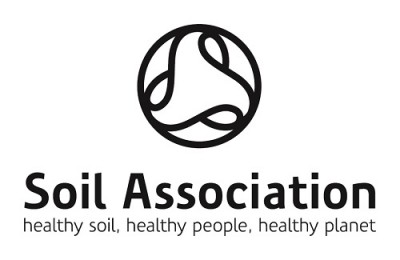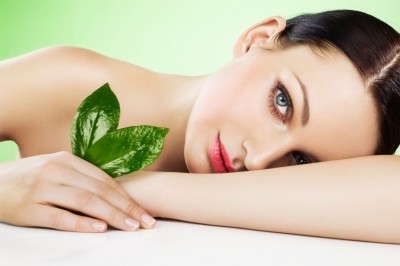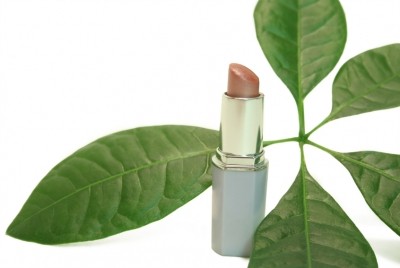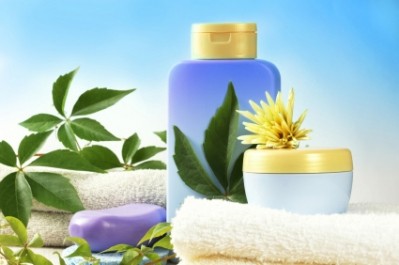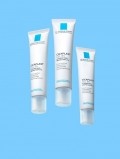Naturals: the current state of the trend and its challenges
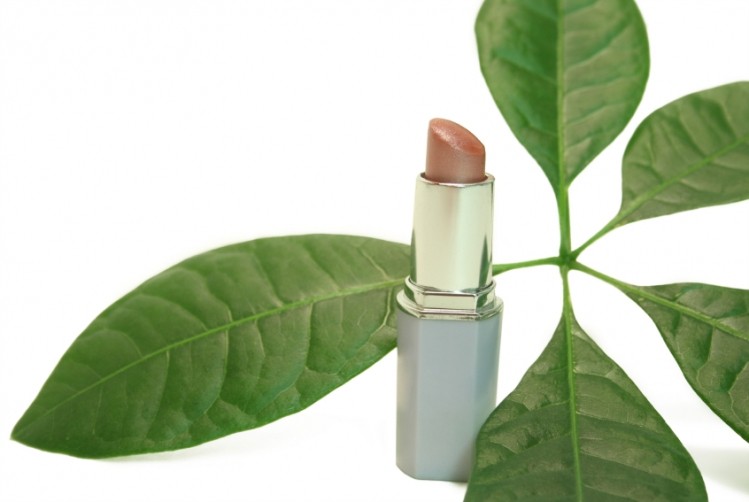
Naturals is a dominant trend that keeps growing. Is there any sign that consumer demand for naturals will start to drop off, if so, do you have any thoughts on when and why? If not, why is the appetite so strong?
I don’t think the trend will drop off. Many consumers today are suspicious about ‘chemicals’ and ‘additives’ in food and cosmetics and are seeking what they perceive to be a more ‘natural’ lifestyle.
One issue is that people tend to associate natural with safe and it may not always be so for cosmetics (for example fragrance allergens – see next answer below). More importantly we need to help educate consumers to really learn and understand that synthetic ingredients are not all bad.
There are benefits and needs of many ingredients including so called synthetic ingredients (preservatives, etc.) in products. I think the media or activist (public interest) groups are loud and influence consumers’ opinions. On many occasions this may not be based on strong scientific evidence and can mislead consumers.
What are the major challenges when creating formulas with naturals? Should formulators be offering ‘truly natural’ products, or is it enough to make some naturals claims without a product being entirely natural
One of the major challenges of using natural ingredients is increased cost in the ingredients price and in manufacturing, particularly if conditions need tight control, such as the manufacturing of organic products.
Also with natural ingredients there can be issues with control on components, color, odor, etc. because there will always be natural variations. This can be controlled in areas including processing and extracts but could this really be considered as natural? An optimal compromise is to be smart and use a combination of both natural and synthetic ingredients depending on efficacy of the ingredient to benefit the consumer.
For example, natural ingredients often contain constituents that are sensitizing to consumers, like fragrance. Perhaps we should coin the term ‘nature identical’ instead of synthetic in some cases where a synthetic compound is beneficial.
Synthetic fragrances are a good example that have the same smell but often exclude these sensitizing constituents and have a more stable shelf life. However, until we educate the consumer on pros and cons of all ingredients they will tend to take a negative view.
There have been calls from some groups for an ‘industry standard’ for natural and organic products. Do you think this is needed, and how would it help?
Yes, especially when you are an international company. There are many standards out there for natural and organic but none that cross all borders.
Helen Knaggs, Vice President at Nu Skin Global Research & Development is speaking on naturals in personal care: a volatile mix of opportunities and challenges at the Marketing trends Theatre at in-cosmetics Global in London.
